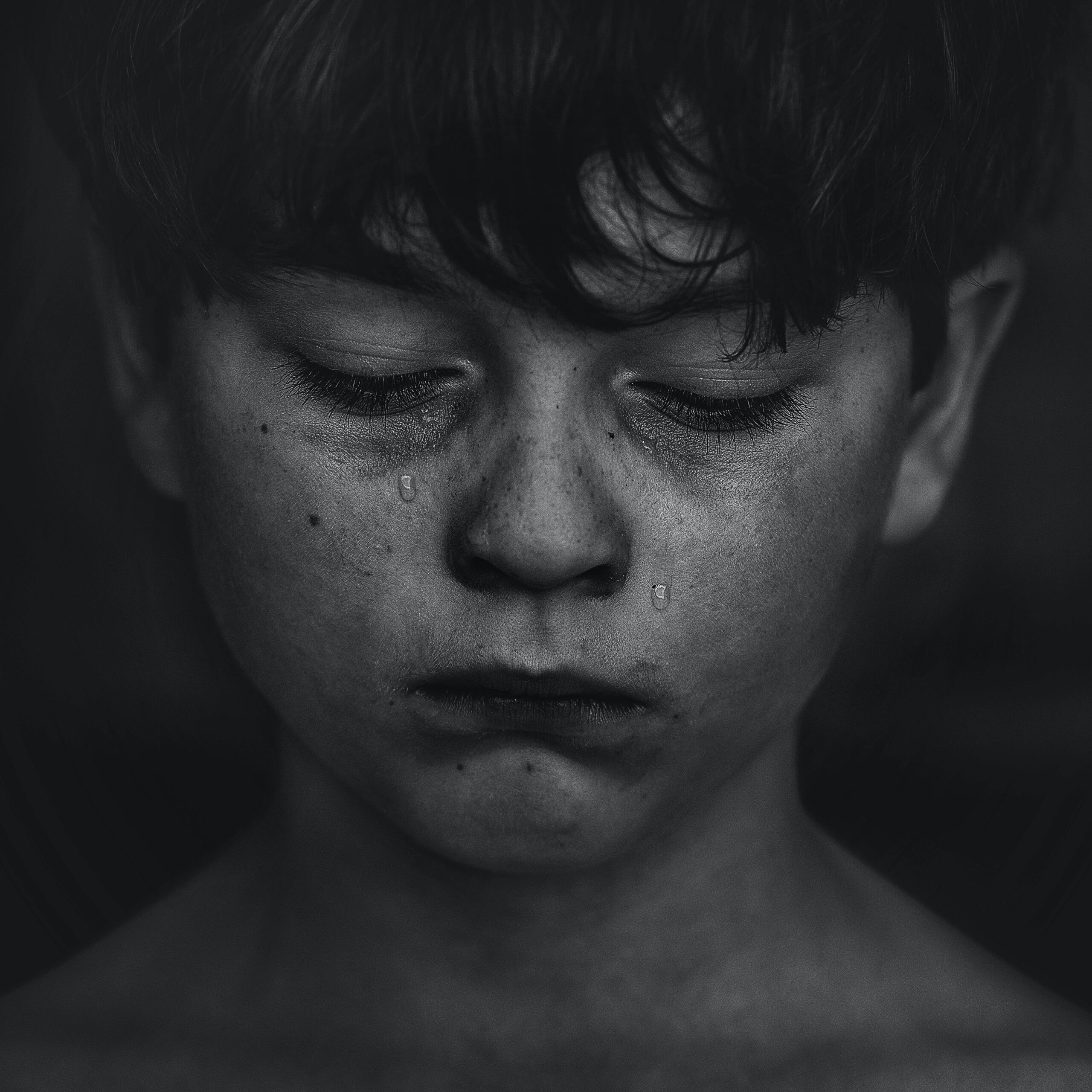We are all influenced by those who raised us and consciously or not, end up taking on some of their habits, values, and behaviors. This puts the children of addicts in a tough position as their parents are often unable to provide the love, care, and support needed to nurture them.
Being brought up by an addict often means experiencing trauma which may lead to:
- Poor performance in school
- Increased risk of behavioral and emotional problems
- Low self-esteem
- An increased risk of developing anxiety and/or depression
- Increased risk of verbal, physical, or sexual abuse
- Inability to trust others
- Hypervigilance, anger, and hostility
The psychological trauma children of addicts go through increases their chances of experimenting with drugs and alcohol to escape the humiliation and pain or to relieve the anger and helplessness they feel. Unfortunately, adolescent substance abuse may contribute to mental health disorders and other behavioral problems in adulthood.
Healing from This Childhood Trauma
If you’re the child of an addict, growing up may mean coming to terms with your upbringing which can be both scary and confusing. However, to have a healthy adult life, it’s important to deal with the trauma you experienced. Here’s how to cope and start the healing process:
Seek Therapy
Childhood trauma can be deep-seated and often requires the help of a trained therapist to uncover. Working with a therapist can help you identify the trauma pain points as well as work on healing them gradually over time so they no longer affect your life.
Learn How to Set Healthy Boundaries
Children of addicts often develop coping skills including becoming people pleasers, putting aside their needs, etc. to please their parents. Part of recovering from this trauma involves learning to set boundaries that protect you against the actions of others that may interfere with your recovery or mental health.
Join a Support Group
Several support groups help adult children of addicts deal with growing up around substance abuse. Some of these include Adult Children of Alcoholics (ACoA), and Al-Anon Family Groups, among others. Attending these groups’ meetings gives you a chance to interact with others who understand what you’re going through.
Develop Positive Habits
As part of healing from your dysfunctional upbringing, you’ll need to develop positive habits that will boost your physical, mental, and emotional health. These include developing a positive attitude, practicing mindfulness, exercising, and cultivating healthy friendships, among others.
We Can Help
At Evolve Indy, we understand how childhood trauma can affect the lives of adult children of addicts. If you dealing with this trauma and have fallen into addiction yourself, we can help. We have a range of addiction treatment programs ranging from partial hospitalization and intensive outpatient treatment to outpatient programs.
All these are run by professional therapists who will help you uncover the root of your trauma and help you heal. Contact us today, and let us work together to help you live a better, more fulfilling life.

